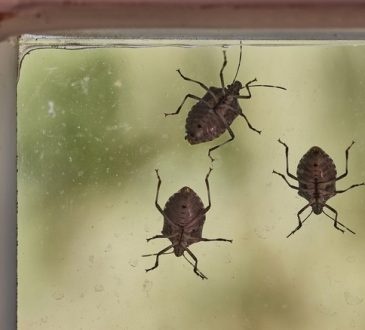
Introduction
Mosquitoes. We’ve all perceived the myths – from the influence of certain scents to the dangers of distinguishing species.
But how much of this folklore is indeed true? This part will delve into five accepted imaginations surrounding mosquitoes, experiment with the scientific base behind each, and resolve the impressions.
Myth 1: Mosquitoes are attracted to sweat.
It is not the sweat itself that entices them, but moderately the synthetic compounds found in the sweat. These compounds, holding lactic acid, carbon dioxide, and sure amino acids, are released into the air and act as attractants.
Scientific support:
Studies have shown an equating between carbon dioxide exhalation and mosquito attractiveness. Researchers have also identified distinguishing compounds in sweat that mosquitoes are drawn to.
However, it is important to note that not all individuals are equally appealing. Genetic factors and individual alternatives in sweat composition can influence a person’s attraction to mosquitoes. For more information, you can visit any company providing Singapore Pest Control solutions.
Myth 2: Dark clothing captivates mosquitoes more than light.
This is a common impression, and the truth is more nuanced. While color itself does not straightforwardly attract mosquitoes, dark colors consume more heat. This increased material temperature, as explained former, leads to the release of more attractant compounds.
Therefore, dark clothing ability makes you more visible and so more attractive to mosquitoes on account of the higher frame temperature it retains.
Scientific backing:
Research signifies that mosquitoes are more drawn to warmer bodies. While color does not directly influence their fragrance system, the heat memory of dark colors can indirectly increase attraction.
Myth 3: Certain scents repel mosquitoes.
The plan that certain scents, like lemon or purple, deter mosquitoes is widely unsubstantiated. While some essential oils have some minor repulsive effects, they are not consistently effective and are frequently outweighed by the body’s natural attractants. The most effective unwelcome are those containing DEET or added scientifically proven live ingredients.
Scientific support:
While some essential oils have shown restricted repellent projects in lab settings, the effectiveness is often littlest and does not translate to certain-world applications. Repellents including DEET, picaridin, or IR3535 have been proven to be significantly more productive.
Myth 4: Mosquitoes only bite during the day.
While mosquitoes are most alive during the day, especially all along dusk and dawn, they can bite at any time. This is specifically true for a variety that is active in the daytime.
Scientific support:
Various mosquito species have various activity patterns. Some are crepuscular (active around dawn and dusk), while others are constant (active during the day). The time of day a person is chewed is often affected by their location and the specific class of mosquito present in the area.
Myth 5: Mosquitoes only bite humans.
While persons are a significant beginning of blood for mosquitoes, they are not the only target. Mosquitoes consume a variety of warm-blooded animals, including birds, animals, and reptiles. For any kind of professional help, you can get Aardwolf provide mosquito control services.
Scientific backing:
Mosquitoes have evolved to aim for blood-sucking that is readily available in their surroundings. Their feeding advantages vary among various species, with some showing a stronger preference for persons than others.
Conclusion
Mosquitoes are complex beasts with diverse management and preferences. By dispelling these tales and embracing the controlled truth, we can better protect ourselves and our societies from the nuisance and potential emergencies of mosquito bites.



